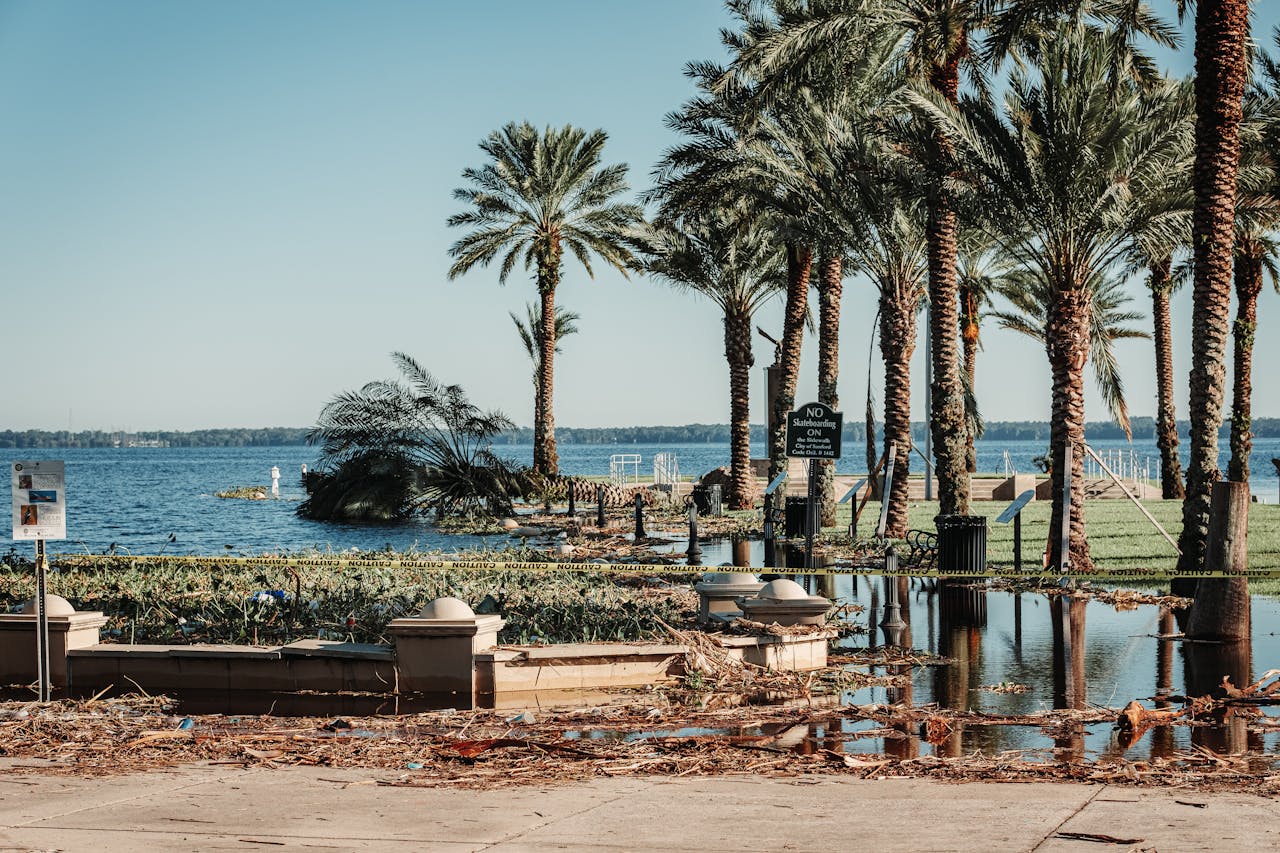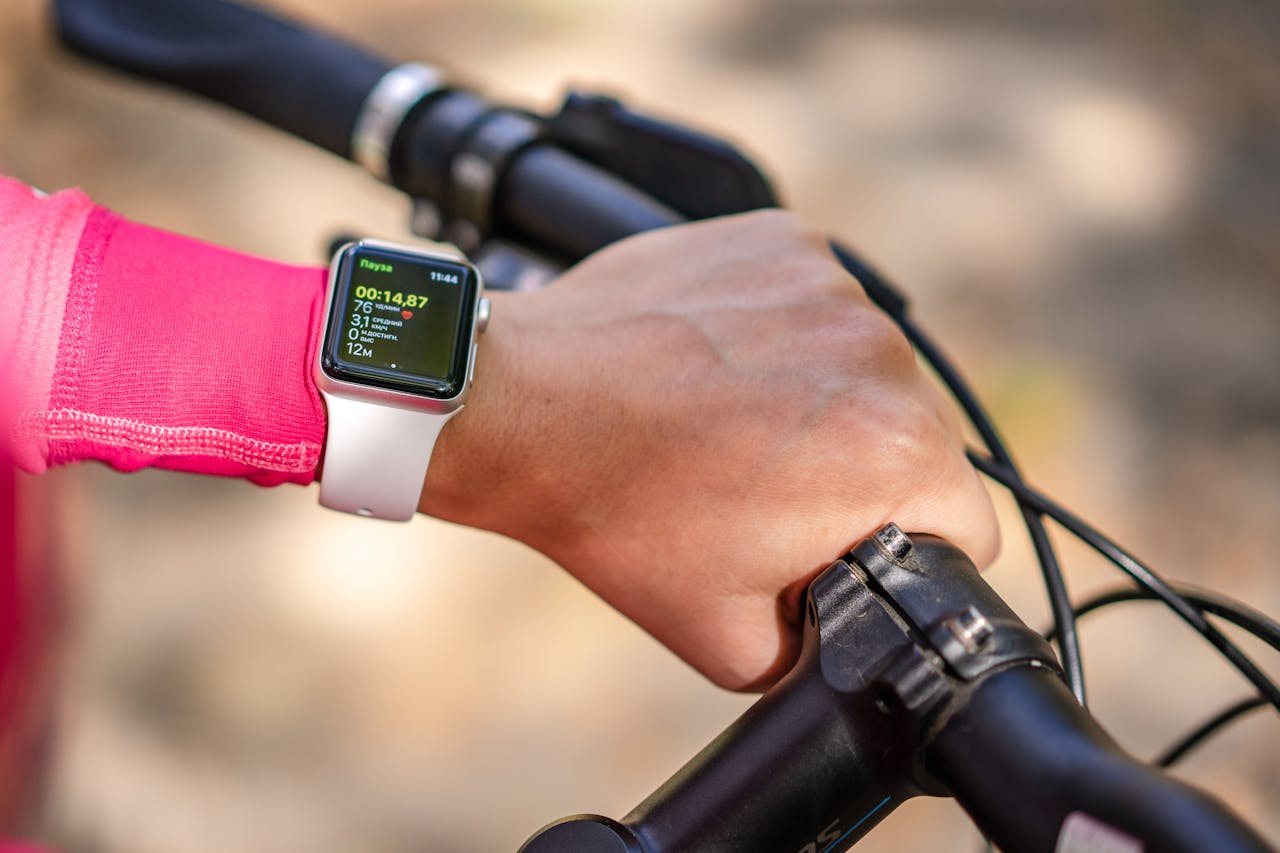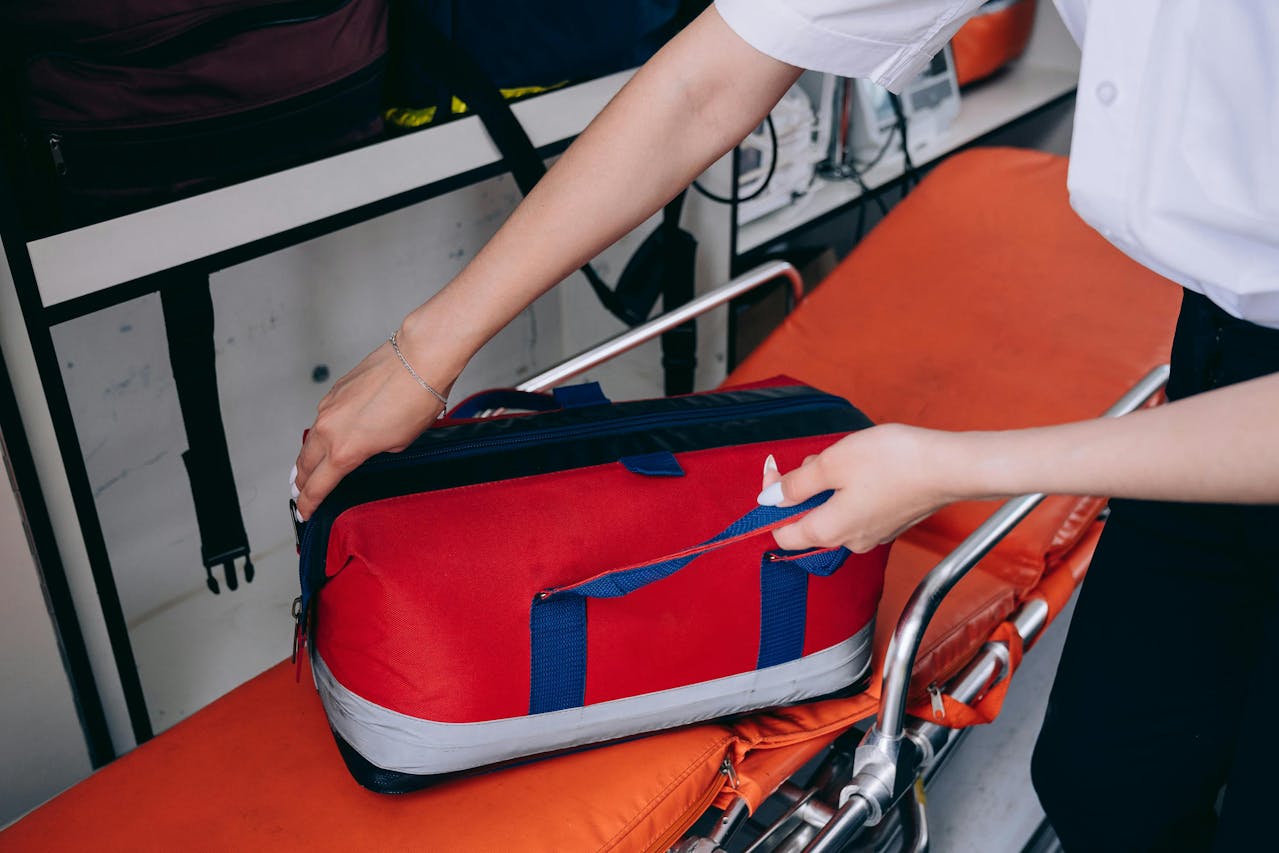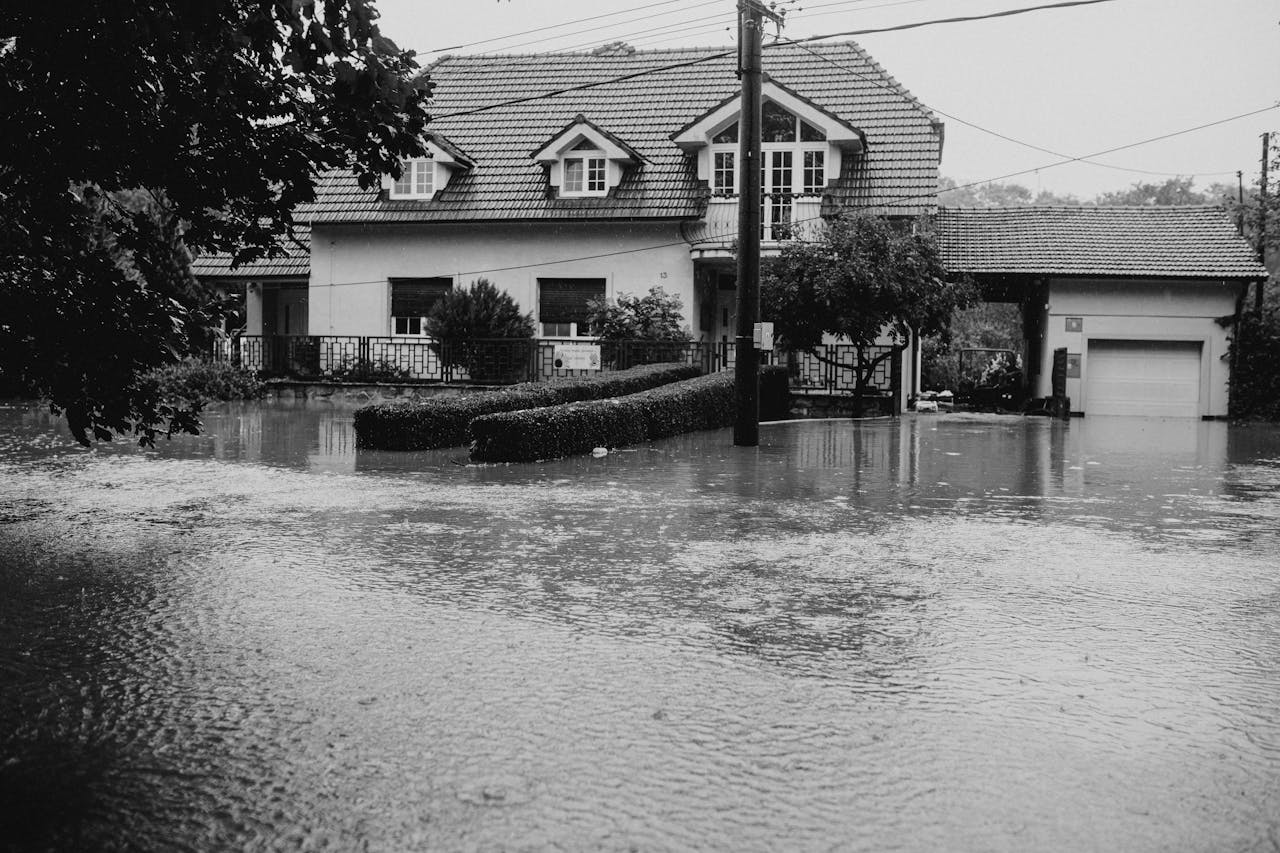The Emotional Toll of Hurricanes: 10 Ways Boomers Can Cope

As hurricanes become more frequent and severe, their emotional impact on Florida’s Baby Boomer population is undeniable. For older adults, hurricanes are not just physical threats but also emotional ones, triggering anxiety, stress, and fear. The disruption to daily life, the potential for property loss, and the challenge of evacuating can take a heavy toll on mental health. However, there are ways to manage the emotional strain that comes with living in a hurricane-prone area. Here are ten ways Boomers can cope with the emotional toll of hurricanes.
1. Prepare and Plan Ahead
 One of the best ways to alleviate hurricane-related anxiety is through thorough preparation. Knowing you have a plan in place can reduce the fear of the unknown. This includes having a detailed evacuation plan, gathering essential supplies, and making sure important documents and medications are easily accessible. For Boomers, it’s especially important to consider any mobility or medical needs when creating a plan. The peace of mind that comes from being ready can significantly reduce pre-storm stress.
One of the best ways to alleviate hurricane-related anxiety is through thorough preparation. Knowing you have a plan in place can reduce the fear of the unknown. This includes having a detailed evacuation plan, gathering essential supplies, and making sure important documents and medications are easily accessible. For Boomers, it’s especially important to consider any mobility or medical needs when creating a plan. The peace of mind that comes from being ready can significantly reduce pre-storm stress.
2. Stay Informed, But Avoid Overexposure

While staying updated on hurricane developments is important, constant exposure to storm coverage can heighten anxiety. The 24/7 news cycle, with its often dramatic presentation, can make the situation seem even more overwhelming. It’s helpful to set specific times to check for updates, using trusted sources like local government websites or the National Hurricane Center. Limiting exposure to excessive media coverage allows you to stay informed without becoming overwhelmed by the constant influx of alarming information.
3. Stay Connected with Family and Friends

Isolation can worsen feelings of stress, anxiety, and fear, especially during a storm. For Boomers, maintaining strong social connections is essential for emotional well-being. Reach out to family, friends, or neighbors to discuss concerns, share resources, and offer support. Staying connected with others not only reduces feelings of loneliness but also creates a sense of community, making it easier to face the challenges that come with hurricanes.
4. Practice Relaxation Techniques

Relaxation techniques, such as deep breathing exercises, meditation, and progressive muscle relaxation, can be highly effective in managing stress and anxiety. These practices help calm the body’s physical response to stress, allowing you to stay grounded during moments of fear or uncertainty. Boomers can easily incorporate these techniques into their daily routine, making it a regular part of coping with hurricane season or other stressful situations.
5. Create a Safe and Comfortable Environment

When hurricanes approach, creating a safe and calming environment in your home can help ease emotional distress. This might involve setting up a designated “safe space” with essential supplies, comfortable seating, and calming activities like books, puzzles, or music. Having a secure, peaceful area within your home can serve as a refuge from the chaos of the storm, helping to reduce feelings of anxiety and fear.
6. Acknowledge and Address Emotional Reactions

It’s normal to feel overwhelmed, anxious, or scared during a hurricane, but it’s important to acknowledge these feelings instead of suppressing them. Allow yourself to experience your emotions and express them through conversation, journaling, or speaking with a mental health professional. For Boomers, these reactions may be heightened if they’ve experienced previous storms, but addressing emotional responses head-on can prevent long-term stress or trauma from taking root.
7. Seek Professional Support When Needed

If the emotional toll becomes too overwhelming, seeking professional help can make a big difference. Many retirement communities and local services offer mental health resources, including counseling or therapy specifically for older adults. Licensed therapists can help Boomers manage anxiety, depression, or post-traumatic stress that can arise during or after hurricanes. There’s no shame in reaching out for help, and doing so can provide critical support in managing emotional well-being during difficult times. For more resources, visit the American Psychological Association for coping strategies and information.
8. Engage in Community Activities

Participating in community events or activities can provide a sense of belonging and reduce feelings of isolation. Many retirement communities host hurricane preparedness workshops, social gatherings, or support groups, allowing residents to connect with others and share their experiences. Engaging with the community can foster friendships and provide a support network during difficult times.
9. Focus on Physical Health

Maintaining physical health is crucial for emotional well-being. Regular exercise, a balanced diet, and sufficient sleep can help boost mood and resilience during stressful situations. Simple activities like walking, yoga, or stretching can help alleviate anxiety and improve overall mental health. Boomers can consider joining exercise classes or outdoor groups to stay active while building social connections.
10. Create a Hurricane Survival Kit Together

Involve family members in creating a hurricane survival kit to foster a sense of unity and preparedness. This activity can be a great opportunity to bond with loved ones while discussing safety measures. Include essential supplies, personal items, and comforting activities like favorite books or games. This proactive approach can ease anxiety and create a sense of control over the situation. For comprehensive information on hurricane preparedness, check out Ready.gov.
Final Thoughts

Hurricanes can have a significant emotional impact on Florida Boomers, but by taking proactive steps, it’s possible to manage the stress, anxiety, and fear that come with living in a hurricane-prone area. From preparing in advance to seeking professional support, there are ways to cope and maintain emotional resilience during even the most challenging storms. By prioritizing mental health, building a strong support network, and engaging in positive activities, Boomers can weather hurricane season with greater peace of mind. For additional support on disaster mental health, visit the National Alliance on Mental Illness.
Leave a Reply